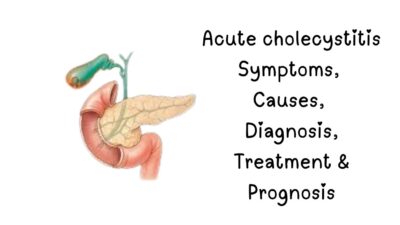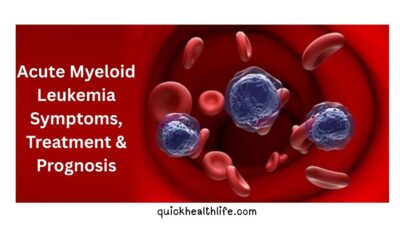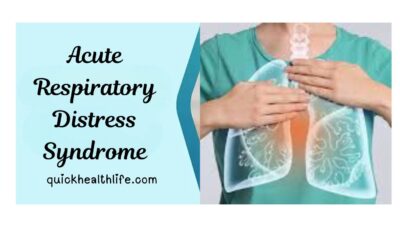Asthma is a chronic respiratory condition affecting over 262 million people worldwide (WHO). This inflammatory disease causes airway narrowing, excess mucus, and breathing difficulties, leading to symptoms like wheezing, coughing, and chest tightness. While asthma has no cure, proper management allows most patients to live active, healthy lives.
What Is Asthma?
Asthma is a chronic inflammatory disease of the airways that causes them to narrow and produce excess mucus, making it difficult to breathe. This narrowing leads to episodes of wheezing, chest tightness, coughing, and shortness of breath.
Asthma can range from mild (occasional flare-ups) to severe (persistent breathing issues). In many cases, asthma symptoms worsen at night or early morning, interfering with sleep and daily activities.
Table of Contents
Asthma Symptoms
Common Signs of Asthma
| Symptom | Description |
|---|---|
| Wheezing | Whistling sound when breathing |
| Shortness of breath | Difficulty catching breath |
| Chest tightness | Feeling of pressure or pain |
| Persistent cough | Worse at night/morning |
Early Warning Signs
- Fatigue from poor sleep
- Difficulty exercising
- Frequent throat clearing
Severe asthma attacks may require emergency care—watch for blue lips, rapid pulse, or inability to speak.
What Causes Asthma?
Genetic & Environmental Factors
| Category | Examples |
|---|---|
| Allergens | Pollen, dust mites, pet dander |
| Irritants | Smoke, pollution, strong odors |
| Infections | Cold, flu, sinusitis |
| Weather | Cold air, humidity changes |
| Stress/Anxiety | Emotional triggers |
Who’s at Higher Risk?
- People with family history of asthma/allergies
- Children (most common chronic disease in kids)
- Those exposed to secondhand smoke or pollution
Types of Asthma
| Type | Trigger | Key Features |
|---|---|---|
| Allergic Asthma | Pollen, dust | Most common type |
| Non-Allergic Asthma | Smoke, stress | No allergy link |
| Exercise-Induced | Physical activity | Wheezing after workouts |
| Occupational | Workplace chemicals | Improves when away from job |
| Nocturnal | Nighttime | Worsens while sleeping |
How Is Asthma Diagnosed?
1. Medical History & Physical Exam
- Doctor listens for wheezing
- Checks for allergy signs (eczema, nasal congestion)
2. Lung Function Tests
- Spirometry: Measures airflow
- Peak Flow Test: Tracks breathing strength
3. Additional Tests
- Chest X-ray (rules out other conditions)
- Allergy skin tests (identifies triggers)
Management and Treatment of Asthma
Asthma treatment focuses on controlling symptoms, preventing attacks, and improving quality of life.
Medications
- Inhalers (Bronchodilators): Provide quick relief during an attack
- Corticosteroids: Reduce inflammation
- Leukotriene Modifiers: Prevent airway narrowing
Lifestyle Modifications
- Avoid triggers like smoke, dust, and allergens
- Exercise regularly with doctor’s advice
- Maintain a healthy weight
Long-Term Asthma Control
- Regular check-ups with a pulmonologist
- Use preventive inhalers daily
- Keep track of symptoms with a peak flow meter
Lifestyle & Home Remedies
✔ Avoid triggers (smoke, dust, pets)
✔ Use air purifiers & hypoallergenic bedding
✔ Exercise wisely (swimming is best)
✔ Monitor symptoms with a peak flow meter
Asthma Complications
- Frequent ER visits (severe attacks)
- Permanent airway damage
- Sleep disorders & fatigue
- Higher risk of pneumonia
What Can I Expect if I Have Asthma?
Living with asthma requires adjustments, but with proper treatment, most people lead normal lives. You may expect:
- Occasional flare-ups during allergy season or weather changes
- Need for long-term medication in moderate to severe asthma
- Ability to control symptoms and prevent severe attacks with lifestyle changes
FAQs About Asthma
1. Is asthma curable?
No, asthma cannot be cured, but it can be effectively managed.
2. What is the main trigger for asthma?
Common triggers include allergens, pollution, smoke, and respiratory infections.
3. Can asthma get worse with age?
Yes, asthma may worsen if untreated, but proper care helps maintain normal lung function.
4. Can I exercise if I have asthma?
Yes, with proper treatment and precautions, most people can exercise normally.



